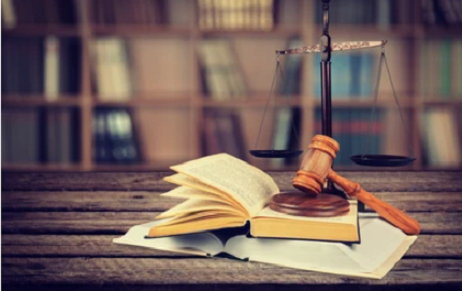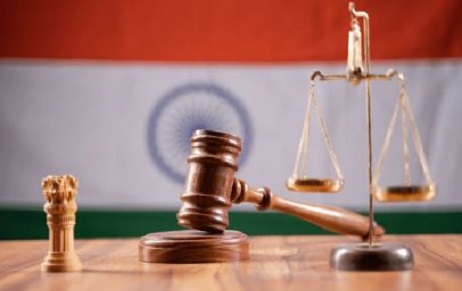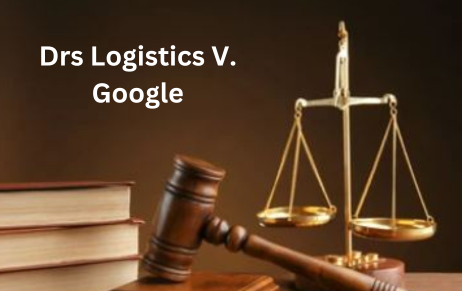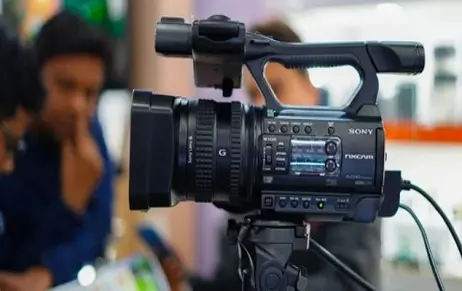ABSTRACT The project employs doctrinal research methods, i.e. secondary research which involves writing on basis…
THE BHAKTIVEDANTA BOOK TRUST, INDIA v. HTTPS://BHAGAVATAM.IN/#GSC.TAB=0 & ORS
Case Summary:
The plaintiff in this case, Bhaktivedanta Book Trust, sought protection from copyright infringements on its works. The court recognised that piracy had happened in a number of languages in which the plaintiff’s works had been published. It held that such copying of intellectual works could not be tolerated since it would result in a monetary loss for the plaintiff. As a result, the court issued an ad interim injunction prohibiting the defendants from reproducing, communicating, or disseminating any part of the plaintiff’s works, whether in print, audio-visual, or electronic form, via various means such as websites, mobile applications, and social media platforms, as this would violate the plaintiff’s copyright.
Background:
Bhaktivedanta Book Trust, the plaintiff, was founded by A.C. Bhaktivedanta Swami Prabhupada, popularly known as ‘Srila Prabhupada.’ Srila Prabhupada, the founder of the International Society for Krishna Consciousness (ISKCON), was a distinguished scholar, philosopher, cultural ambassador, prolific author, religious leader, spiritual teacher, social critic, and the founder of the International Society for Krishna Consciousness (ISKCON).
[Image Sources: Shutter stock]

The plaintiff complained that multiple defendants, including websites (Defendants 1–4), mobile applications (Defendants 5–9), and Instagram accounts (Defendants 10–14), were reproducing the plaintiff’s copyrighted works verbatim on various online platforms. Defendant 15 hosted infringing mobile applications on its Google Play Store, and Defendant 16 ran Instagram platforms with infringing content.
The plaintiff claimed that the proceeds from the sale and distribution of the copyrighted works supported its charity operations. It asserted that the defendants’ unauthorised replication of its works should be barred because they lacked the required licences or rights.
Analysis, Law, and Decision:
The court noticed widespread infringement across many platforms, with piracy occurring in multiple languages in which the plaintiff’s works were published. While certain books, such as the ‘Shrimad Bhagavad Gita,’ were in the public domain and not susceptible to copyright claims, adaptations, explanations, summaries, and audiovisual works based on these scriptures were eligible to copyright protection as the authors’ original works.
The court declared that the actual reproduction of the text of the ‘Shrimad Bhagavad Gita’ and similar spiritual literature should be permitted. It did, however, emphasise that copyright would be granted in respect of original sections of literary works that preached, taught, or explained the text. The defendants had replicated the plaintiff’s entire works, including translations, summaries, introductions, prefaces, and covers, according to the court.
The court ruled that such piracy could not be tolerated since it would result in a loss of revenue for the plaintiff. As a result, an injunction was issued to prevent further violation.
Court’s Directions:
The court issued the following directions:
Defendant Nos. 1 to 14 were restrained from printing, reproducing, communicating, or disseminating any part of the plaintiff’s works in any form, whether in print, audio-visual, or electronic form, including through websites, mobile applications, social media, or any other posts that would result in copyright infringement.
Defendant Nos. 15 and 16 were directed to take down the infringing mobile applications from their respective platforms.
Defendant No. 17, Godaddy.com LLC, was directed to immediately block and suspend the domain name/website ‘www.bhagavatam.in.’
Defendant Nos. 15 to 17 were to communicate to the plaintiff the details of persons/individuals/entities running these accounts/mobile applications/websites, including payment details, phone numbers, email addresses, and postal addresses, if available.
Defendant Nos. 18 to 26 were directed to block access to infringing websites/other platforms.
Defendant Nos. 27 and 28 were directed to issue blocking orders for all infringing links/URLs/websites.
Judgement:
The court determined that the plaintiff had shown a prima facie case for an ex parte ad interim injunction. The balance of convenience favoured the plaintiff, and failure to issue the injunction would result in irreparable harm.
The plaintiff’s counsel’s original books were to be stored in a trunk and kept at the court’s Registry.
Author: Priyanka Kumar, A Student at Lloyd Law College, Greater Noida, in case of any queries please contact/write back to us via email to [email protected] or at IIPRD.



